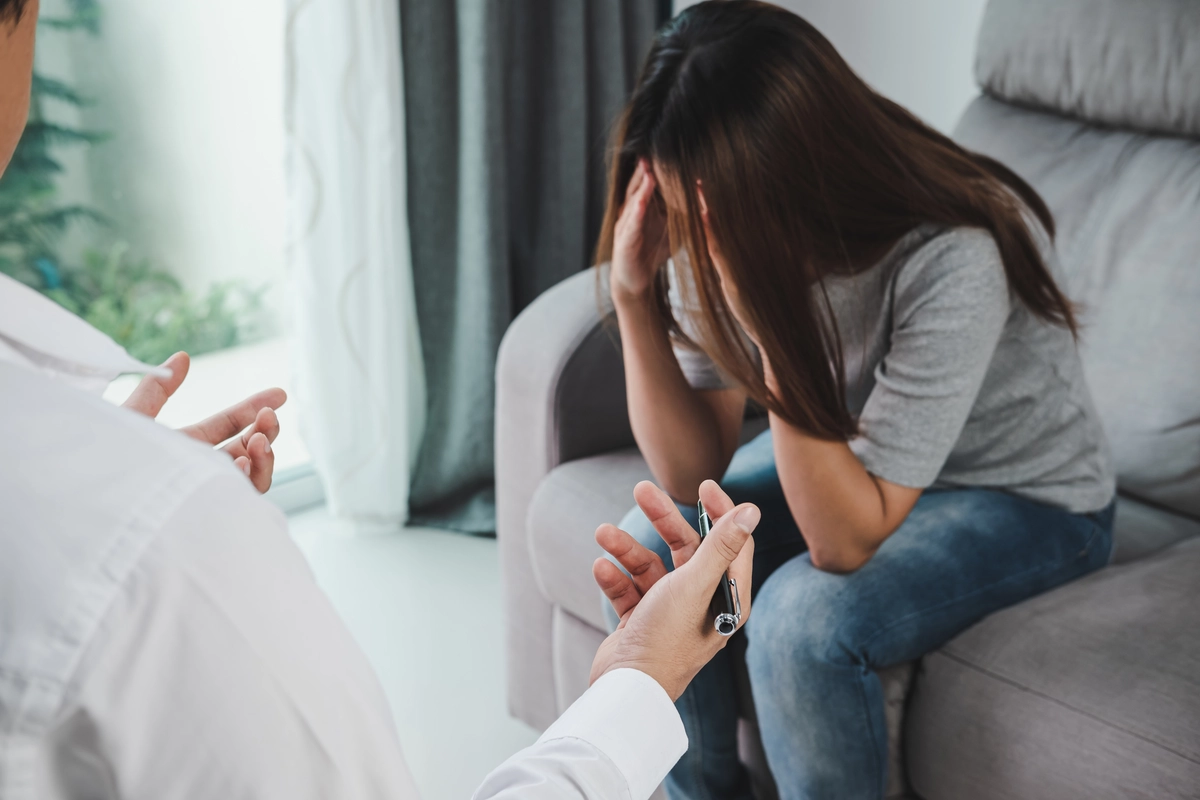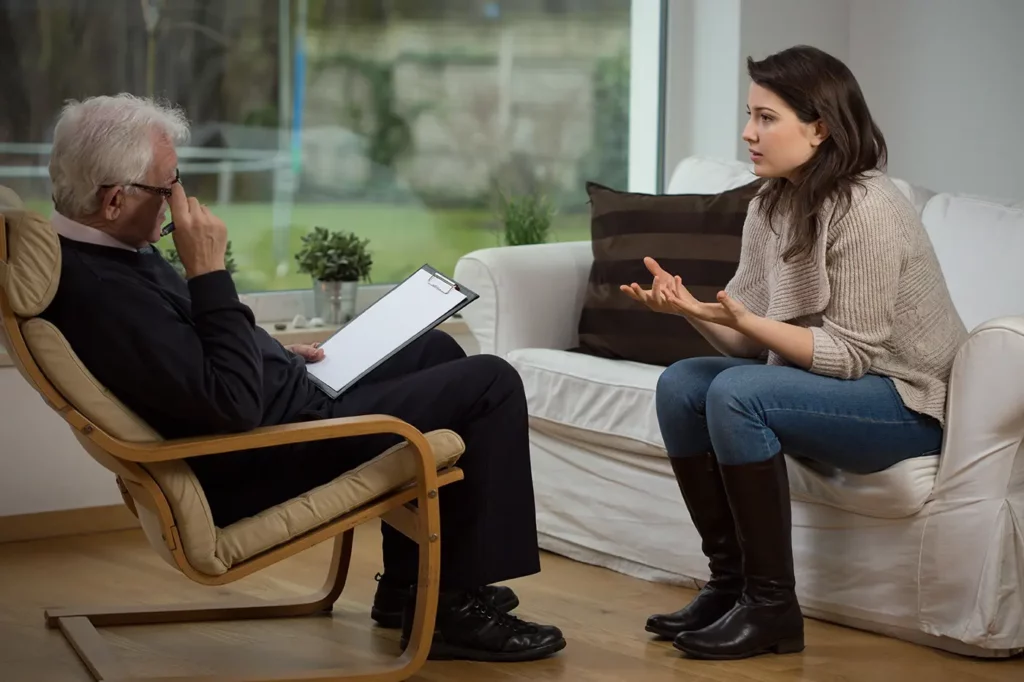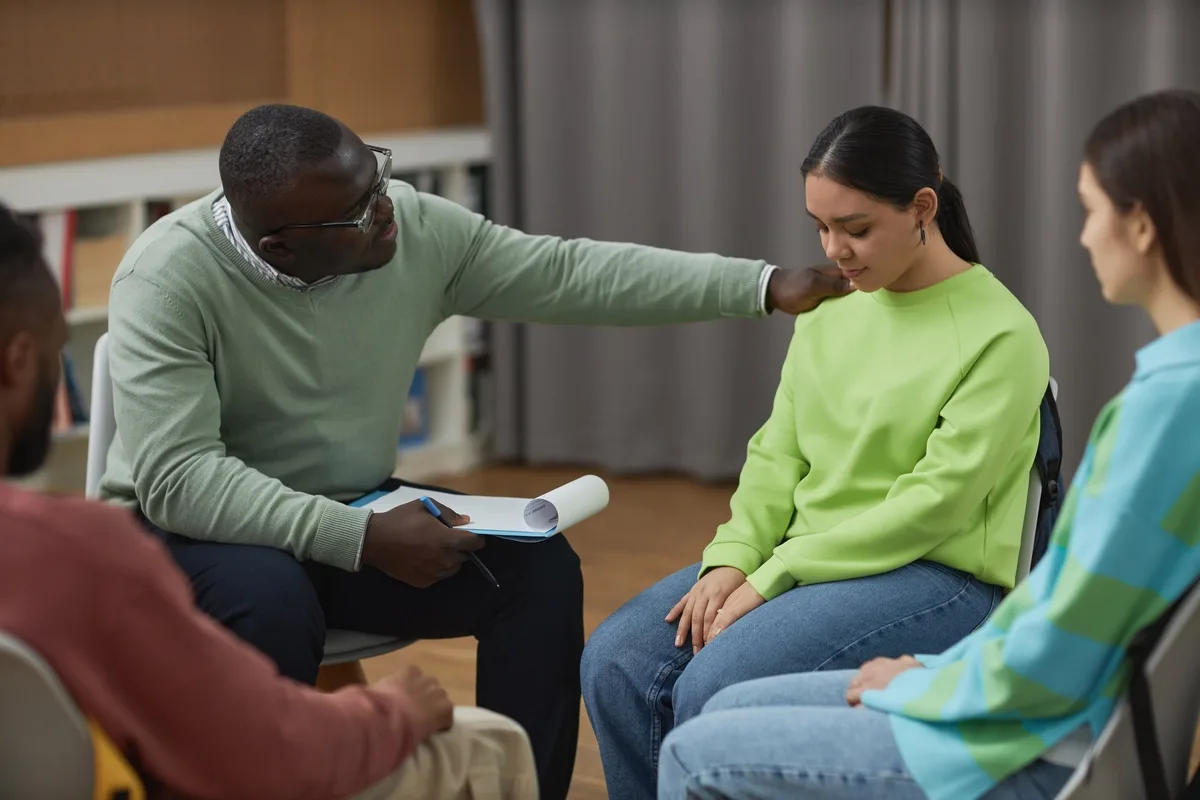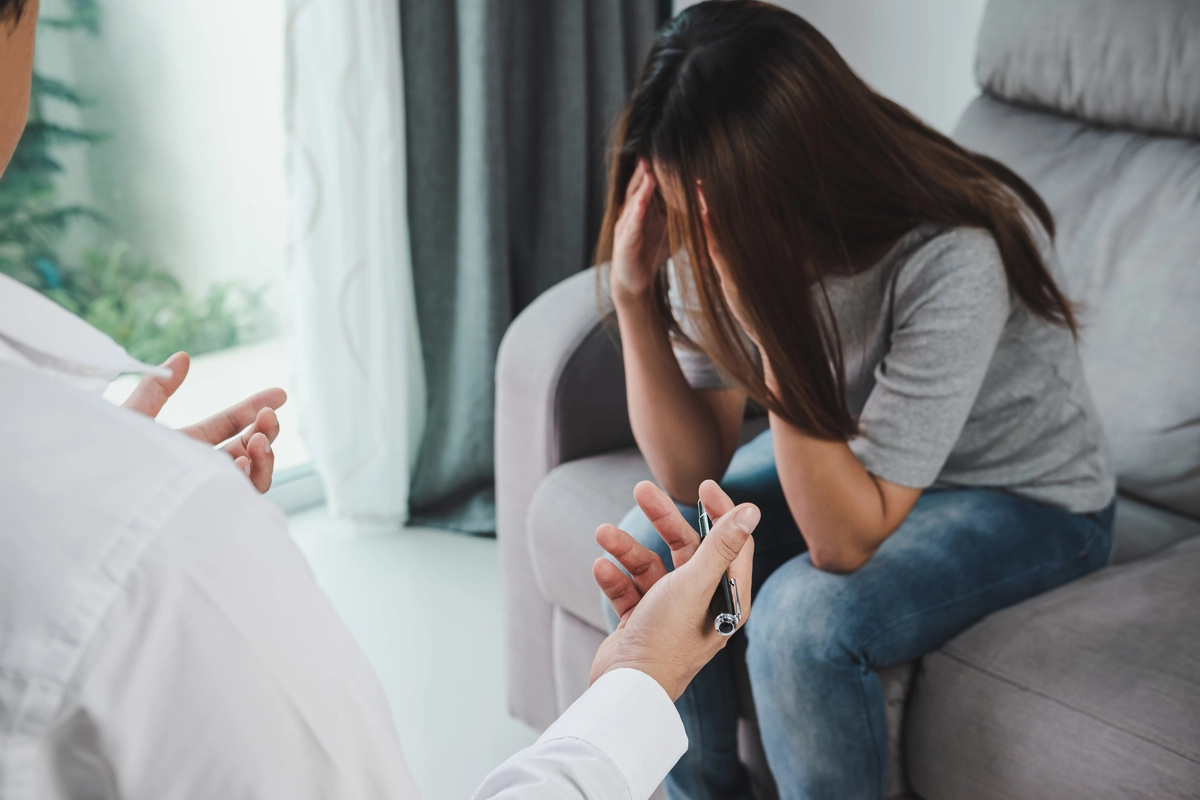24/7 Helpline:
(866) 899-111424/7 Helpline:
(866) 899-1114
Learn more about Residential Rehab centers in Greentown
Residential Rehab in Other Cities

Other Insurance Options

BlueCross

Oxford

Horizon Healthcare Service

Molina Healthcare

Humana

Choice Care Network

State Farm

Magellan Health

Private insurance

CareSource

Premera

Lucent

Regence

Highmark

BlueShield

UnitedHealth Group

Amerigroup

Coventry Health Care

Medical Mutual of Ohio

MHNNet Behavioral Health


The Gilead House
The Gilead House is a Non-Profit rehab center located in Indianapolis, IN. The Gilead House speciali...

Four County Counseling Center
4C Health Solutions is a dual diagnosis behavioral health treatment center located in Kokomo, IN. Wi...

First City Recovery Center
Freedom is within reach at First City Recovery Center. Based out of Kokomo, Indiana, FCRC offers a f...

Community Howard Behavioral Health Services
Community Howard Behavioral Health Services offers the complete realm of behavioral care to treat th...






























AA – Alcoholics Anonymous
AA – Alcoholics Anonymous is a private rehab located in Kokomo, Indiana. AA – Alcoholics Anonymous s...














